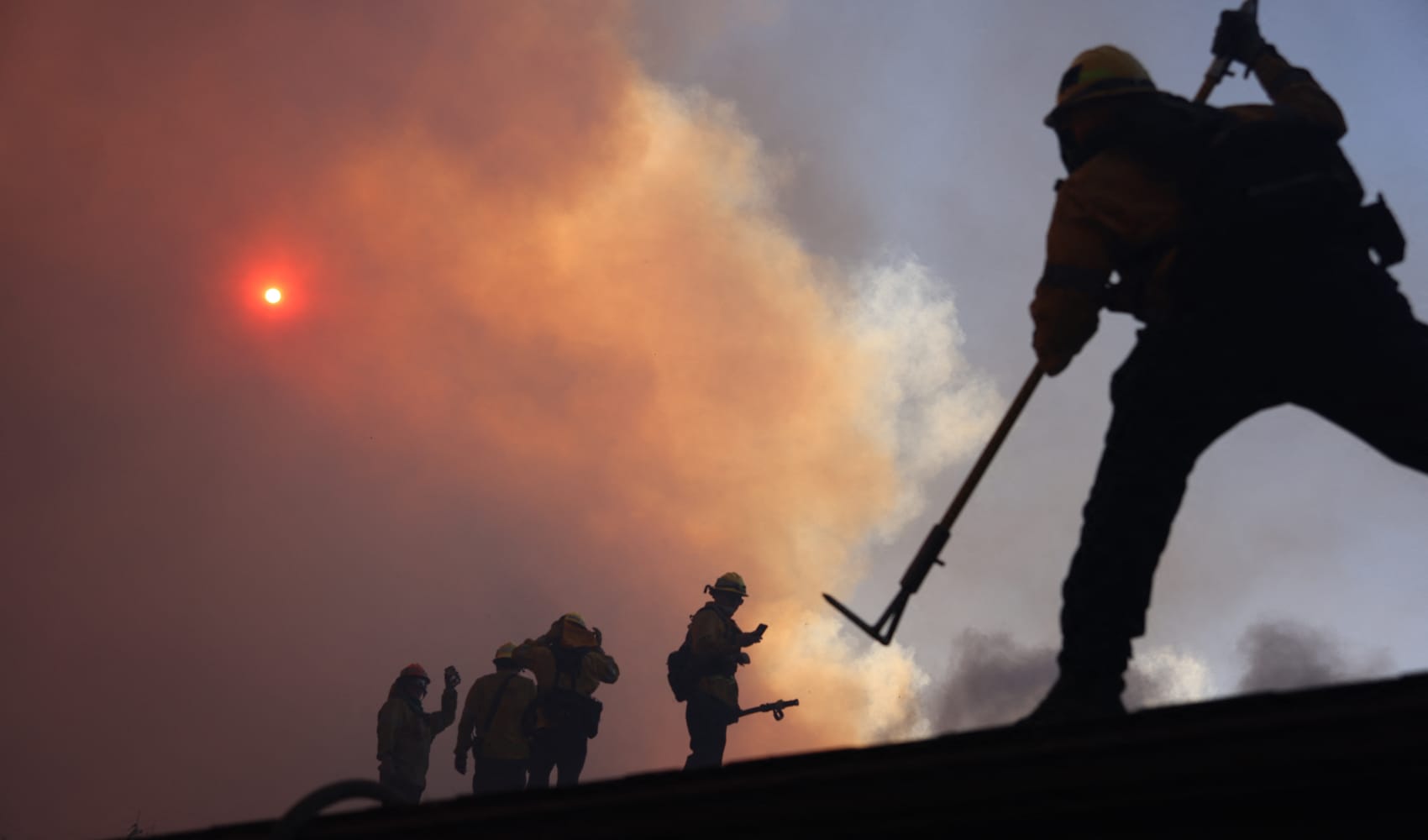
- For those who wish to help victims of the devastating Los Angeles wildfires, here is a list of highly rated nonprofits engaged in relief and recovery efforts on the ground.
- These groups have been vetted by nonprofit evaluator Charity Navigator.
- Fundraising scams are already trying to capitalize on the crisis.
Massive wildfires are devastating the Los Angeles area of Southern California. As of Thursday morning, at least five people were killed, more than 100,000 residents have been ordered to evacuate, and nearly 2,000 homes and businesses were destroyed.
Many people around the country, and world, want to help, by donating money or emergency supplies. However, there are already fundraising scams trying to capitalize on the crisis.
To make sure your funds get into the right hands, third-party evaluator Charity Navigator compiled a list of highly rated nonprofits currently engaged in relief and recovery efforts in the Pacific Palisades and the surrounding areas — including support for first responders.
More from Personal Finance:
How to maximize your tax breaks for charitable giving
You could score a tax break by gifting crypto to charity
Older adults who lost $100,000 to fraud has tripled: FTC
“We’ve vetted the organizations that are there,” said Michael Thatcher, CEO of Charity Navigator. “These are all outstanding.”
Here are some of the groups that earned high marks from the organization for providing immediate support to the victims of the wildfires and wildfire-affected communities.
During disasters like these “it’s best to donate to a highly efficient and experienced charity versus to an individual crowdfunding campaign,” said Laurie Styron, the CEO and executive director of CharityWatch. “Charities are better equipped to distribute aid equitably to everyone who needs help.”
Further, even some well-established groups may not have sufficient experience in aiding wildfire victims. The charity may lack infrastructure in the region or an explicit plan for how it will help.
If you aren’t sure how best to provide support, “don’t donate impulsively,” Styron said. “Take your time to confirm that a charity is not only legitimate and efficient but is actively providing aid on the ground.”
How to avoid wildfire-related scams
Unfortunately, as with any high-pressure donation, there will be an increase in fraudulent behavior, said Thatcher, “and what we encourage people to do is be proactive rather than reactive to a solicitation.”
As a general rule, rather than follow a link in a text, email or on social media, go directly to a charity’s website or find a relief effort through a site such as Charity Navigator, BBB Wise Giving Alliance or CharityWatch, Thatcher said.
“There’s a safety element and a legitimacy element,” he said. “At the end of the day we want to make a difference to the people affected by this fire.”
The BBB Wise Giving Alliance also offers tips for donating to the California wildfire relief efforts.
It recommends donors check whether a charity is accredited and take extra precautions on crowdfunding sites, including reviewing how postings are screened as well what transaction fees may apply.
In addition, be wary of relief appeals that have vague descriptions or do not explain what programs your support will assist.

